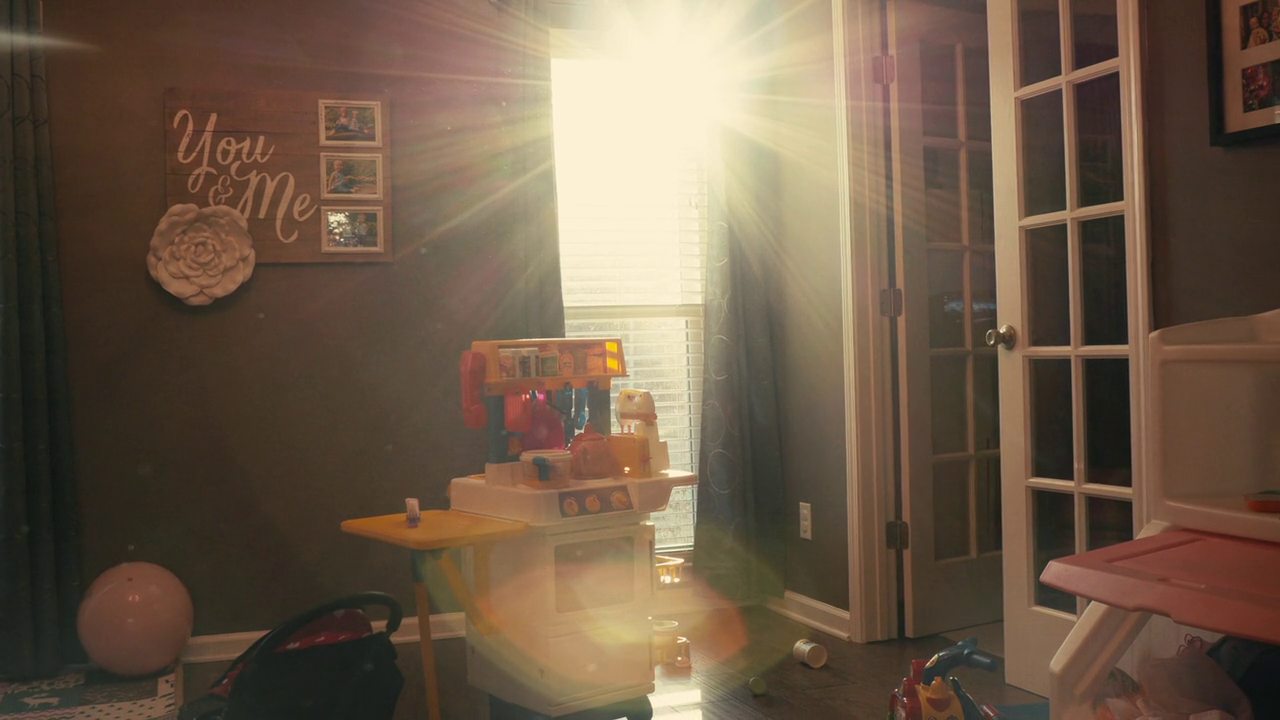How many types of germs are on a pillowcase?
Many people are generally careless about cleaning their bed, such people consider the cleaning of pillows and sheets insignificant, it produces many dangerous bacteria which can be extremely harmful to human health. ۔
Fifty-five percent of unmarried men between the ages of 18 and 25 confirmed changing their bed sheets only four times a year, according to a survey conducted by the Australian website Business Insider. Couldn't sleep anymore.
Each person produces about 15 million skin cells in one night, but they do not accumulate in your sheets because the dust particles eat them. The longer you do not wash the bedsheets, the more you eat these creatures.
There will be more and they will re-grow it, so if you don't wash your sheets for a long time, you sleep with hundreds of thousands of spider-like creatures.
According to an Australian website, bed dust produces some proteins that can cause eye diseases, itchy skincolds, and many other skin diseases in people with sensitive skin.
In addition, bed dust is not the only cause of illness. On the contrary, if you do not wash your bed or pillow for a long time, a large group of germs will form on it. According to a study, there are sixteen different types of germs on a common pillow that also develop themselves.
The most common and most dangerous of these. Aspergillus is fumigatus, it can cause allergies to the body and damage the lungs as well as other organs.
In the second study, unwashed bed sheets and pillowcases contain 39% more germs than pet utensils, as well as thousands of percent more bacteria on the pillowcases than toilet seats, in some cases. They are also extremely dangerous.
The scary thing is that the pimples on the face are caused by the dirt on the bed, because cosmetics, lotions, oils, etc. keep coming to the bed every day until it gets dirty like tissue, then one night all this dirt is on your body. Moves on and stops massaging the body, which produces rashes.
Fortunately, the easiest solution to avoid all these problems is to wash the bedsheets as much as possible. Experts recommend washing the bed and pillow sheets with warm water once a week. This eliminates bacteria and dust. Stains etc. also disappear.







No comments: